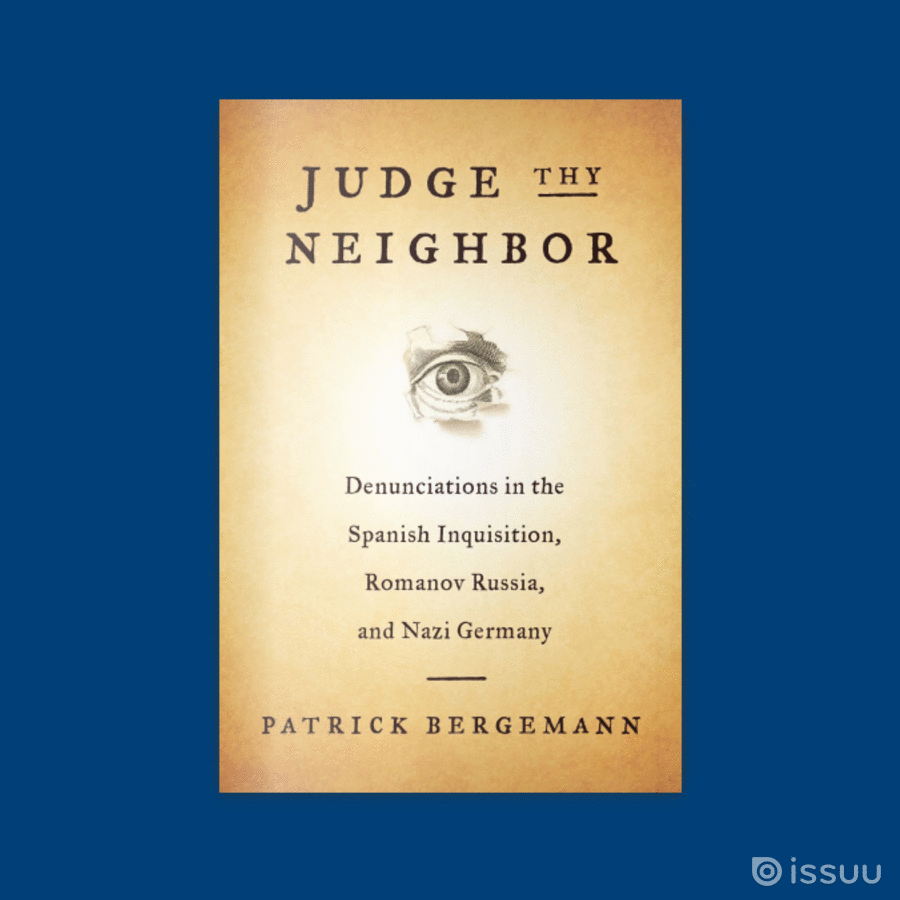What's Wrong with Nostalgia — Gary Cross
“The problem with modern nostalgia isn’t that it longs for the past rather than the present or future; the trouble is that it fixates on stuff and thus short-circuits what memory can do for us.”—Gary Cross
Earlier this week, the History News Network published an essay by Gary Cross entitled It’s Ok to Love Your ’64 Mustang but Here’s What You’re Missing. The essay builds upon Cross’s recent book Consumed Nostalgia: Memory in the Age of Fast Capitalism, which examines the ways in which nostalgia separates and divides us across generational lines.
In the essay for the History News Network, Cross argues that people often become nostalgic as a result of anxiety about rapid change and they feel a need to reclaim a sense of of childhood wonder or teenage freedom. He argues that a kind of consumer modern nostalgia began in the United States in the 1930s and then accelerated in the 1970s with a renewed interest in the 1950s. While Cross argues that “objects of memory certainly meet a need by helping people recover the past; and collecting can bring together those who have little else in common but a shared memory.” He concludes his essay by expressing concern about what has become a commercialized nostalgia:
The problem with modern nostalgia isn’t that it longs for the past rather than the present or future; the trouble is that it fixates on stuff and thus short-circuits what memory can do for us. Some of this is probably inevitable. Few of us are mystics and, as in religion, most of us require “relics” to share and help us reach back to the past. But, in the end can commercialized nostalgia meet our needs? My obsession with the commodities of my childhood cannot be shared with my younger brother, much less with my children; they are just different. This longing separates me from communities and pasts beyond my personal experience.
But can’t the modern nostalgic impulse transcend all this? It can if we use things of memory to engage with the past, not merely regress into a romantic memory of childhood “innocence.” If we converse with that past, and bring a full and honest consciousness of our present lives into our encounter with the past, nostalgia can reveal something about ourselves as we are now and also show us how the world has actually changed. Such a conversation with the past might help us get over our obsessions with our childhoods. In fact, nostalgia need not be childish; it can bring us the pleasure of growing in our understanding of ourselves and of the larger world from the vantage point of grown-ups.





